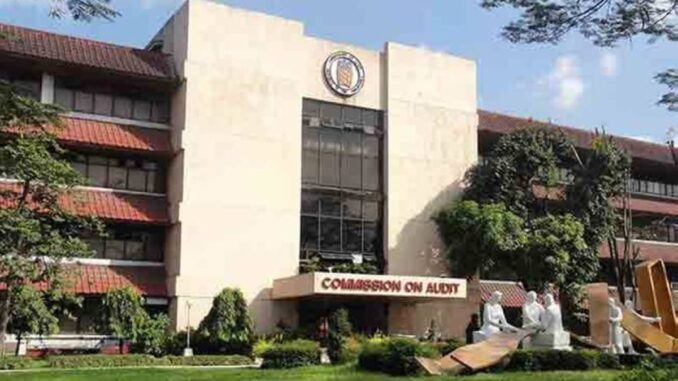
THE Supreme Court has ruled that the Commission on Audit (CoA) cannot expand its audit powers to include imposing administrative penalties.
In a decision penned by Associate Justice Henri Jean Paul Inting, the court en banc set aside CoA’s disallowance against PhilHealth Region 3 Officer Jess Christopher Biong.
The CoA audit team had issued notices of disallowances to PhilHealth Region 3 officers, including Biong, after it found that payments made to Silicon Valley for printer inks and toners were irregular, citing the delay in the delivery, lack of inspection reports, and falsified supplies withdrawal slips.
While the CoA affirmed that the payments were irregular, it ruled that PhilHealth Region 3 must pay Silicon Valley since it received the supplies.
The agency also found Biong civilly liable for the disallowance for certifying, as head of the General Services Unit, that the items were delivered and for failing to discover the falsified supplies withdrawal slips.
Biong filed a petition for certiorari before the court.
In granting the petition, the court held that the CoA’s power to disallow government expenses arises from its duty to prevent the irregular use of government funds.
According to the court, for an expense to be irregular, there must be a violation of rules and regulations at the time the expense is incurred.
If the irregularity happens after, disallowance is not proper.
Although falsifying supply withdrawal slips may be irregular, in Biong’s case it happened after the transactions were completed.
The court also held that the reasons cited by the CoA for the disallowance involve the management of office supplies, which are not proper grounds for disallowance.





Be the first to comment